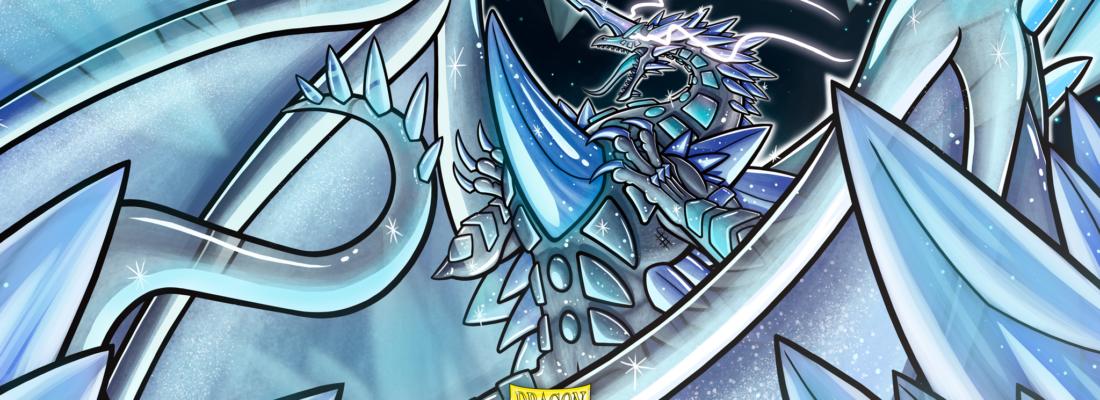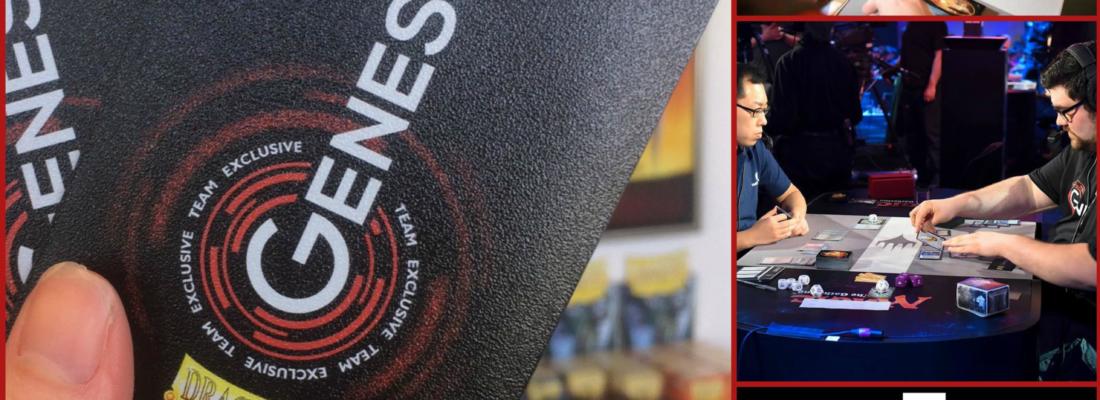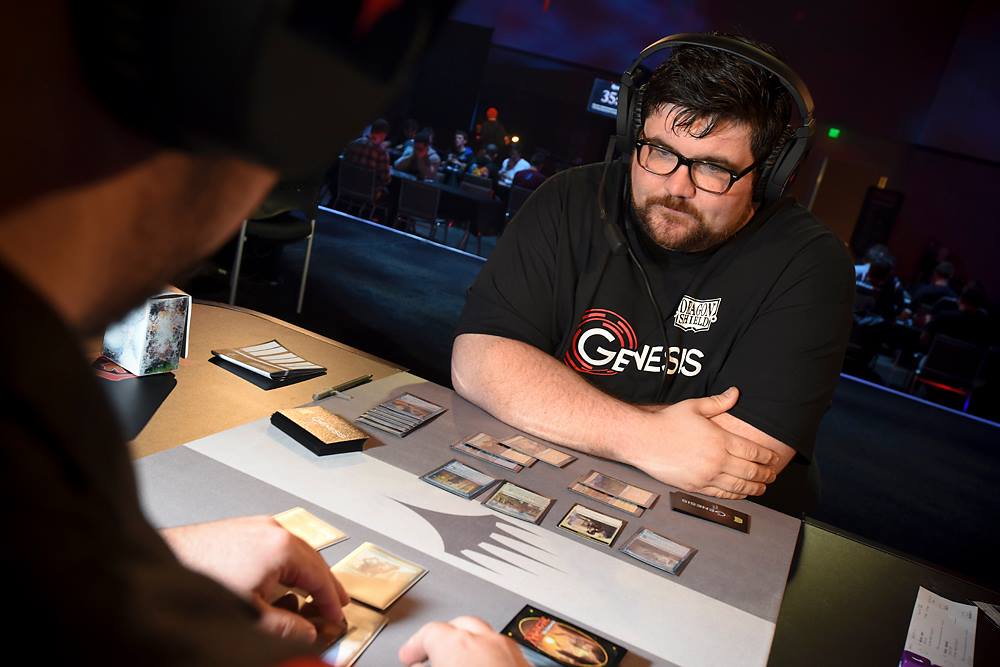How I Got Started
I was 16-years-old and William Lies, a high school friend, asked if I wanted to try out this card game.
I didn’t know what to expect, but after a few six-player games, I was hooked. I needed my own cards. Onslaught had just come out, and I dumped hundreds into boxes. I had savings from a part-time job, so money wasn’t my concern. Well, it wouldn’t be for a while.
We played constantly, but I quickly outgrew my play group. I found the competition I needed on Magic Online. I spent most of my free time playing Magic Online, even taking second in a World Championship Qualifier within my first two years of playing. At the time, it didn’t seem like that big of a deal — I didn’t really consider Magic a game I could play professionally — nor did I understand that I had any talent for it. I didn’t have context yet.
It wasn’t until 2007 that I participated in a high-stakes real-life tournament: a regional qualifier for Nationals. I’d never driven to a big event before, much less six hours to a regional event. When I placed second in the online World Championship Qualifier, it was from the comfort of my own living room — a much less stressful situation than competing against hundreds of real-life players.
I played one of the very first variants of Swath Storm, an unpopular deck at the time. No one in the room knew what I was doing, and that gave me a significant edge.
Then at Nationals I lost my win-and-in to Cedric Phillips. It wasn’t until that moment that I realized I was good at this game. Before then, I never really tested myself against anyone outside my local area, except on Magic Online. Not only did this near-miss at Nationals give me the confidence to continue playing on a competitive level, but it also gave me the ambition to see how far I could go. It was really exciting to do that well on a bigger stage.
From there I started going to local Pro Tour Qualifier (PTQ) events. I Top 8’ed seven PTQs, but couldn’t secure first place — necessary for a spot on the Pro Tour.
Getting to the Pro Tour meant everything to me, as it does to many players. But as seasons passed and I didn’t qualify, it became much more difficult to keep playing. I quit Magic and planned to never return to the game.
Thankfully, my old friend William Lies intervened and changed my life for a second time. He forced me to go to one more PTQ. He picked me up, built my deck, and we drove six hours to Winnipeg.
I ended up winning that event.
The rest is history. I took 9th at my very first Pro Tour, kicking off a career that has taken me all over the world and to the upper echelons of competitive Magic.
At times the journey was difficult and often I had to examine if it was even worth continuing. Playing any game with such high stakes can take it out of a person, but I can’t imagine what my life would be like if William hadn’t asked me to play, or if I gave up.
I could tell you hundreds of stories about card interactions, particularly difficult tournaments, and friends made along the way. But that would be a much longer article. Know this: no one is an overnight sensation. The road is long and grueling; you just don’t see those parts, because until you’ve succeeded, most people aren’t really looking.
Instead of worrying about your next success, it’s more important to
consider your next defeat.
Anyone looking to follow in my footsteps needs to understand that it’s
impossible to win every game. Some tournaments are fun and easy; others
are long and hard. No matter the event, always learn from the
experience. Whether it’s on a cafeteria table at school or the number
one spot at a PTQ, listen, learn, and have fun.
-Brad Nelson
Recommended Posts

5 New Double Shell Deck Box Colors
We’ve given our Double Shells a revision and they’re now available in 5 new awesome colors!
Read More
7 Sleeves Crafter Inspiration Id...
Your deck is unique! So why aren’t your sleeves? With Sleeve Crafter, you can create custom sleeves with the renowne
Read More
A Link to the Future!
What’s kickin’, y’all? Kwikpanik here again to bring you the fantastic news that a new world of Yu-Gi-Oh! has [.
Read More
